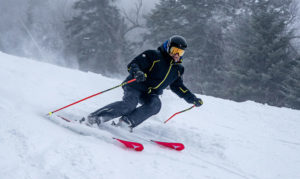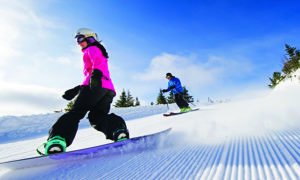
Does your family commute to the mountains every weekend? Do you spend early morning hours each Saturday and/or Sunday getting the family organized to be at the slopes for the start of the day?
Many families opt out of this weekly hassle by renting a house or condo near their favorite resort. Ski gear and clothing can be left there. Drive up on Friday evening, relax and be ready to go on Saturday morning without the stress of an early morning drive.
What should you look for when renting a property in ski country? That depends on your lifestyle and the resort where you want to spend your time. If young children are part of the mix, you might want to find something slopeside or close to the mountain so one family member can take a child home when he or she tires out. A ski-in, ski-out unit is best for this, but even a house or condo a mile or two from the area will let someone be delivered home easily without disrupting the entire day.
Another thing to consider is what you like to do in the evening. If you’re content to return to your rental after the lifts close, have dinner in, watch TV or movies or play games, then you might look for something out of town in a quiet, country setting. But if you want entertainment, like to eat dinner out frequently, sample the nightlife, then perhaps a house in a town or around the base area (depending on the resort you choose) is a better option.



